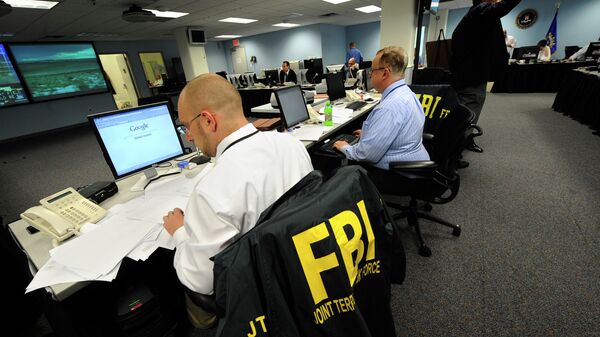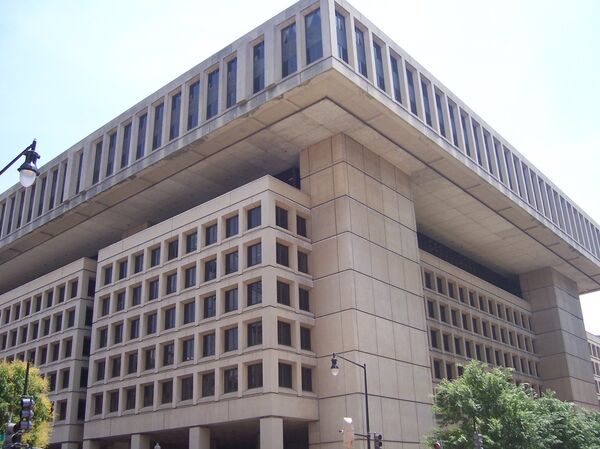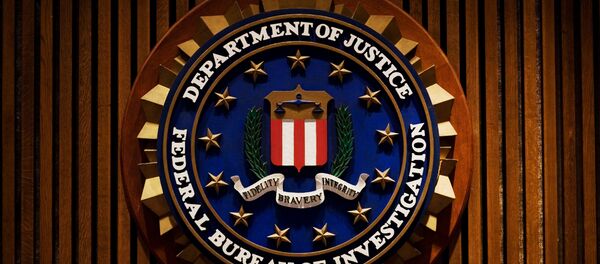Beginning her op-ed, Hess paints a pretty grim picture of America’s digital future.
"Imagine an America," she implores the reader, "where federal, state, and municipal law enforcement agencies cannot access critical communications…Imagine a time when the police cannot pursue logical leads in electronic data to rescue a missing child, identify the co-conspirators of a massive fraud scheme, or obtain relevant evidence of an elected official’s public corruption."
There are a couple of other scenarios Hess asks her readers to imagine, and just as you’re about to give up on the story and switch over to YouTube in favor of a certain John Lennon song she practically begged you to listen to, Hess dives into a fairly confusing argument.
"The FBI firmly supports the development and adoption of robust encryption as a key tool to strengthen cybersecurity, secure commerce and trade, safeguard private information, and promote free expression and association," Hess writes.
Which sounds great. Except she goes on to say that such "robust encryption" should come with one major caveat: That privacy should not extend to government surveillance.
"No one in this country should be beyond the law. The notion that electronic devices and communications could never be unlocked or unencrypted – even when a judge has decided that the public interest requires accessing this data to find evidence – is troubling," she writes. "It may be time to ask: Is that a cost we, as a society, are prepared to pay?"
For many, that answer would be yes. The revelations of former NSA contractor Edward Snowden have left many privacy advocates quite wary of government intrusion.
"What we seek is nothing more than preserving our ability to exercise judicially supervised access to information necessary to a continuing, authorized investigation," Hess writes.
But vague promises of judicial oversight will likely offer little comfort, just as a similar plan failed to do in 2007, when the Bush administration decided that NSA wiretapping would have to be approved by a secret court, instead of just intelligence officers. Eight years later, concerns about domestic spying have only grown.
"Some would have you believe that privacy, security, and public safety are irreconcilable," Hess says. "We disagree. We believe private industry, academia, the American public, and our government can work together to strike the proper balance by putting in place the appropriate combination of laws, regulations, procedures, technology, and oversight to ensure meaningful and secure access to electronic devices and communications for law enforcement when authorized by a judge."
But for a large majority of that public, the answer may be simple. In a poll conducted by the Washington Post in 2013, 66% of Americans were concerned "about the collection and use of [their] personal information by the National Security Agency."
It’s hard to imagine a world in which those worries did not extend to the FBI.






